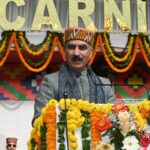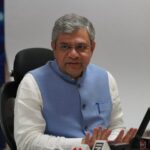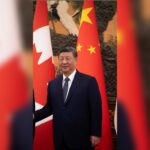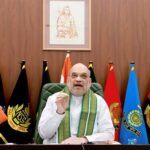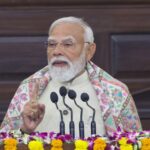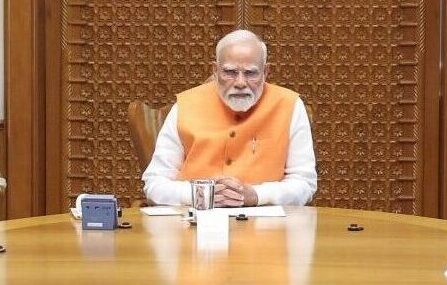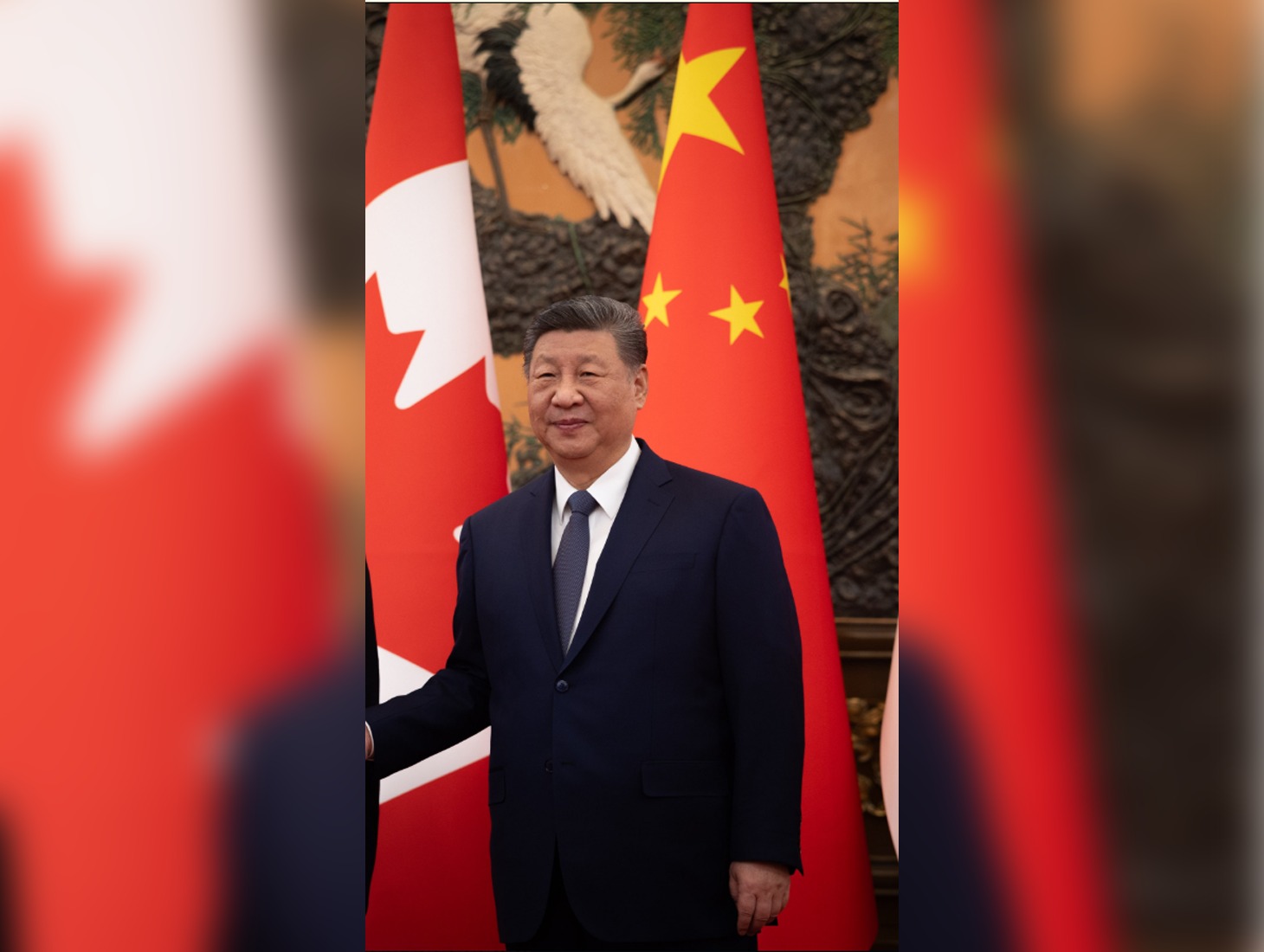The North News
New Delhi, April 30
The Union Cabinet Committee on Political Affairs chaired by Prime Minister Narendra Modi has approved the inclusion of caste enumeration in the forthcoming national census. The government said that this step underscores its commitment to national integrity and social equity, asserting that caste enumeration within the census framework would be more effective and transparent than standalone state-level surveys, which have often been criticised for being politically motivated.
“Some surveys conducted by states lacked uniformity and appeared to serve political interests, leading to confusion and doubts in society,” government said in an official statement. “To preserve the strength of our social fabric and ensure informed policymaking, caste data will now be collected through the national census.” Census operations are governed under Article 246 of the Constitution of India, listed as Entry 69 in the Union List, making it a Union subject and thereby the prerogative of the central government.
The move is expected to provide a clearer socio-economic picture of the population, potentially guiding future welfare and affirmative action policies. The Centre also stressed that the new approach aims to promote unity, economic upliftment, and targeted development—avoiding the fragmentation that can arise from politically-charged state-led caste surveys.
Support for a caste census has existed for over a decade. In 2010, then Prime Minister Dr. Manmohan Singh informed the Lok Sabha that the issue would be examined by the Cabinet. A Group of Ministers was constituted to deliberate on the matter, and most political parties had favoured the idea. Despite this, the UPA government conducted the Socio-Economic and Caste Census (SECC) instead, which critics say lacked clarity and failed to publish complete caste data.
The Centre’s current announcement also pointed to the relatively smooth implementation of the 10 percent reservation for Economically Weaker Sections (EWS) in recent years as an example of how progressive policy measures can be adopted without triggering social unrest.



